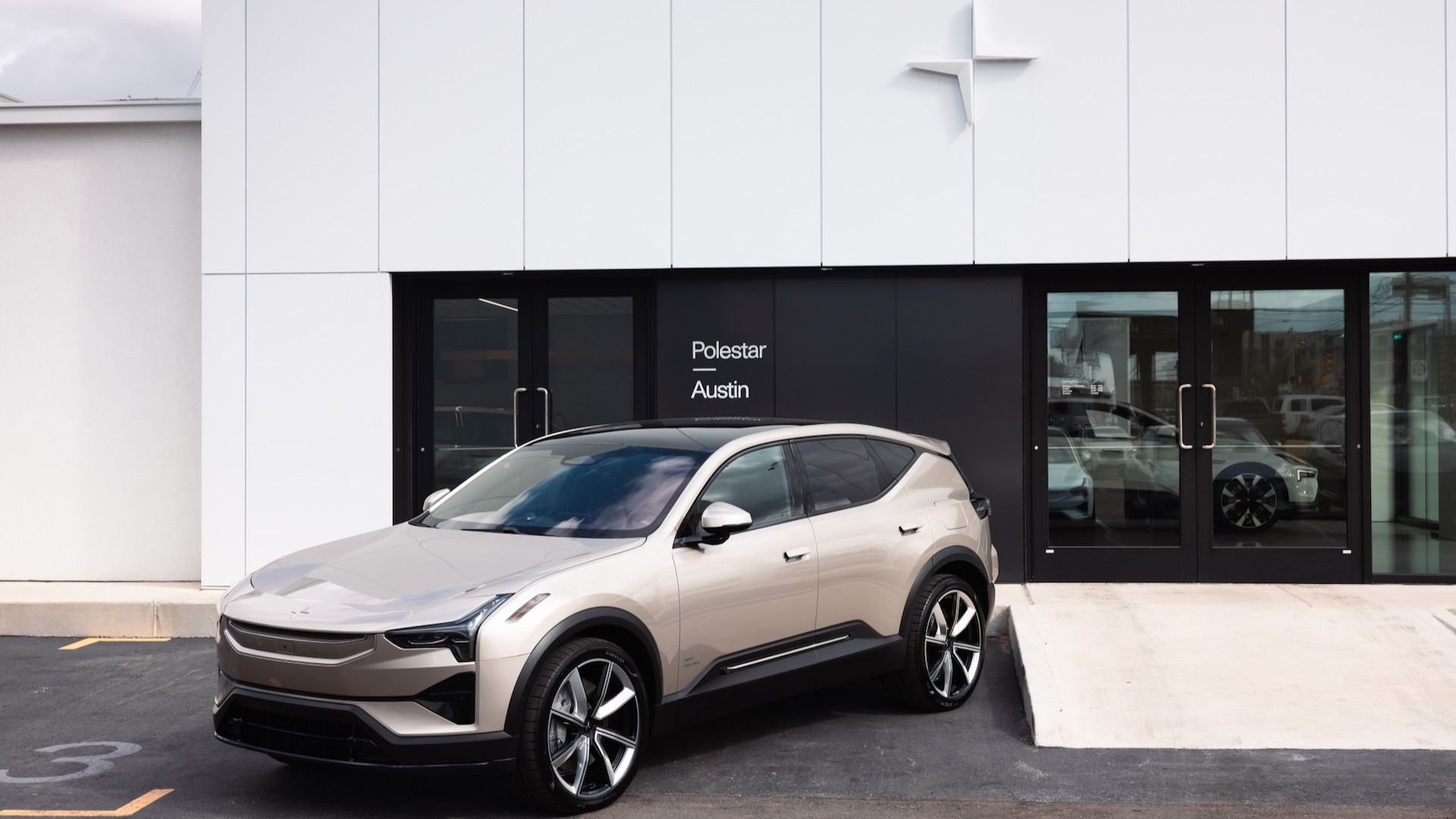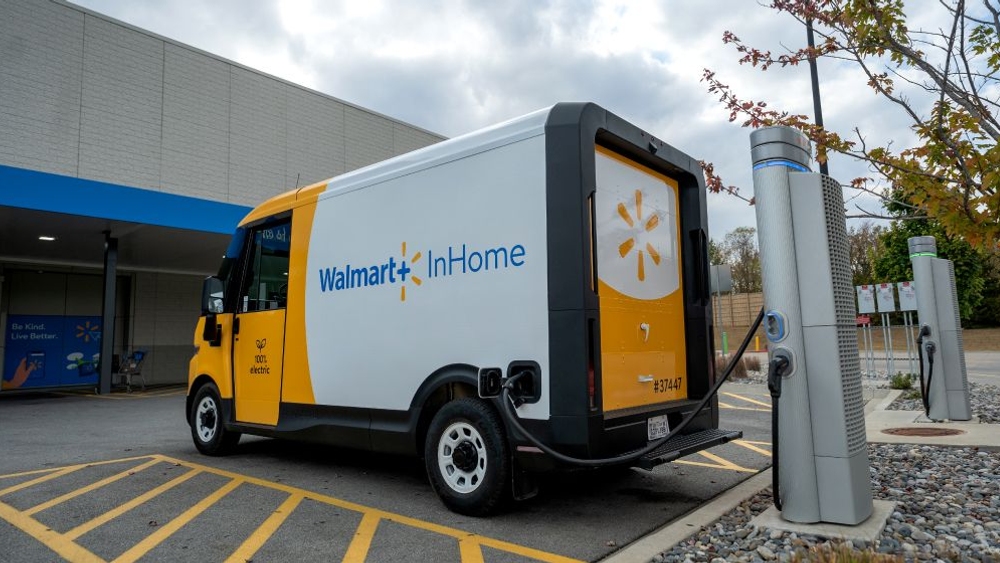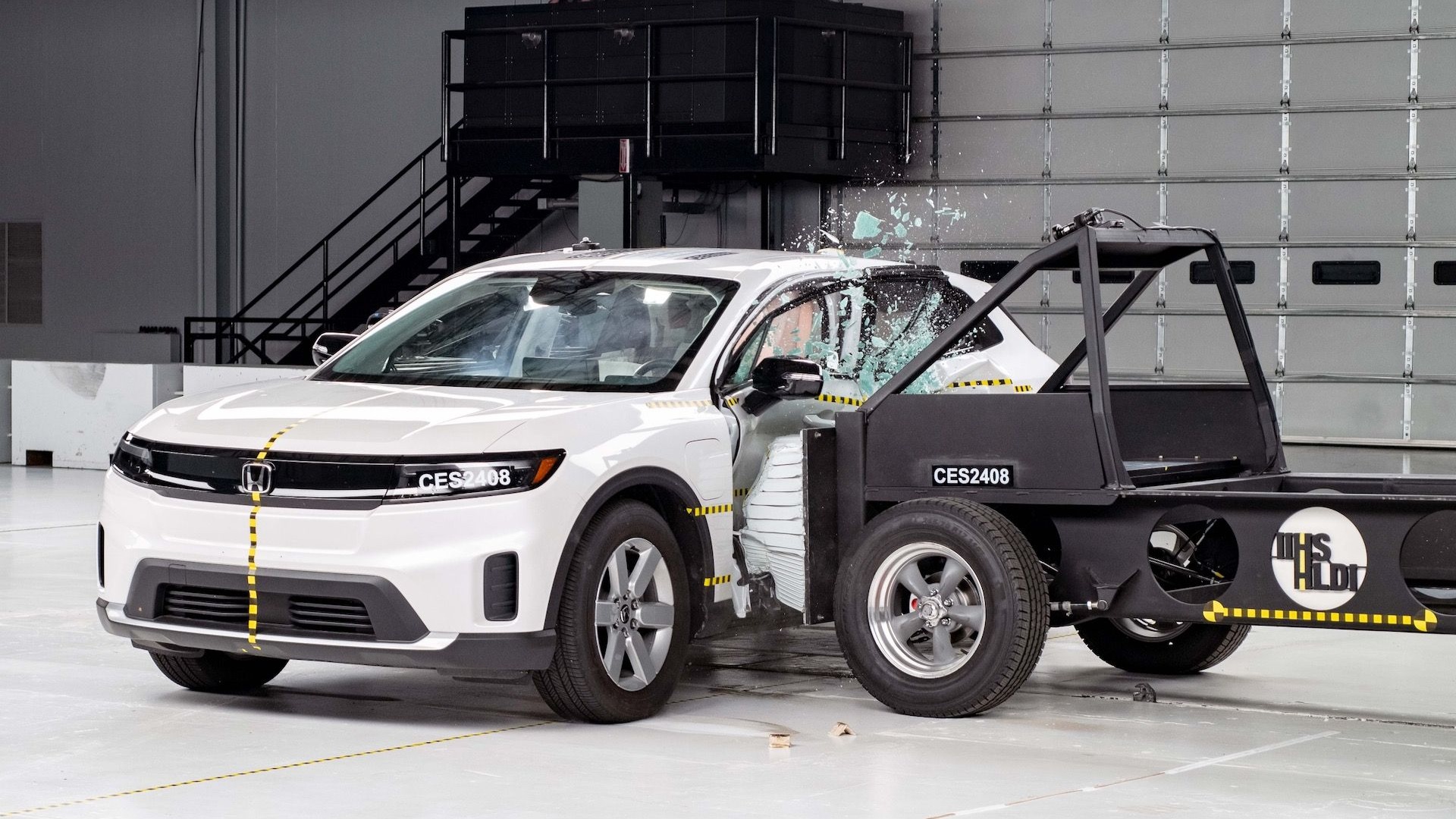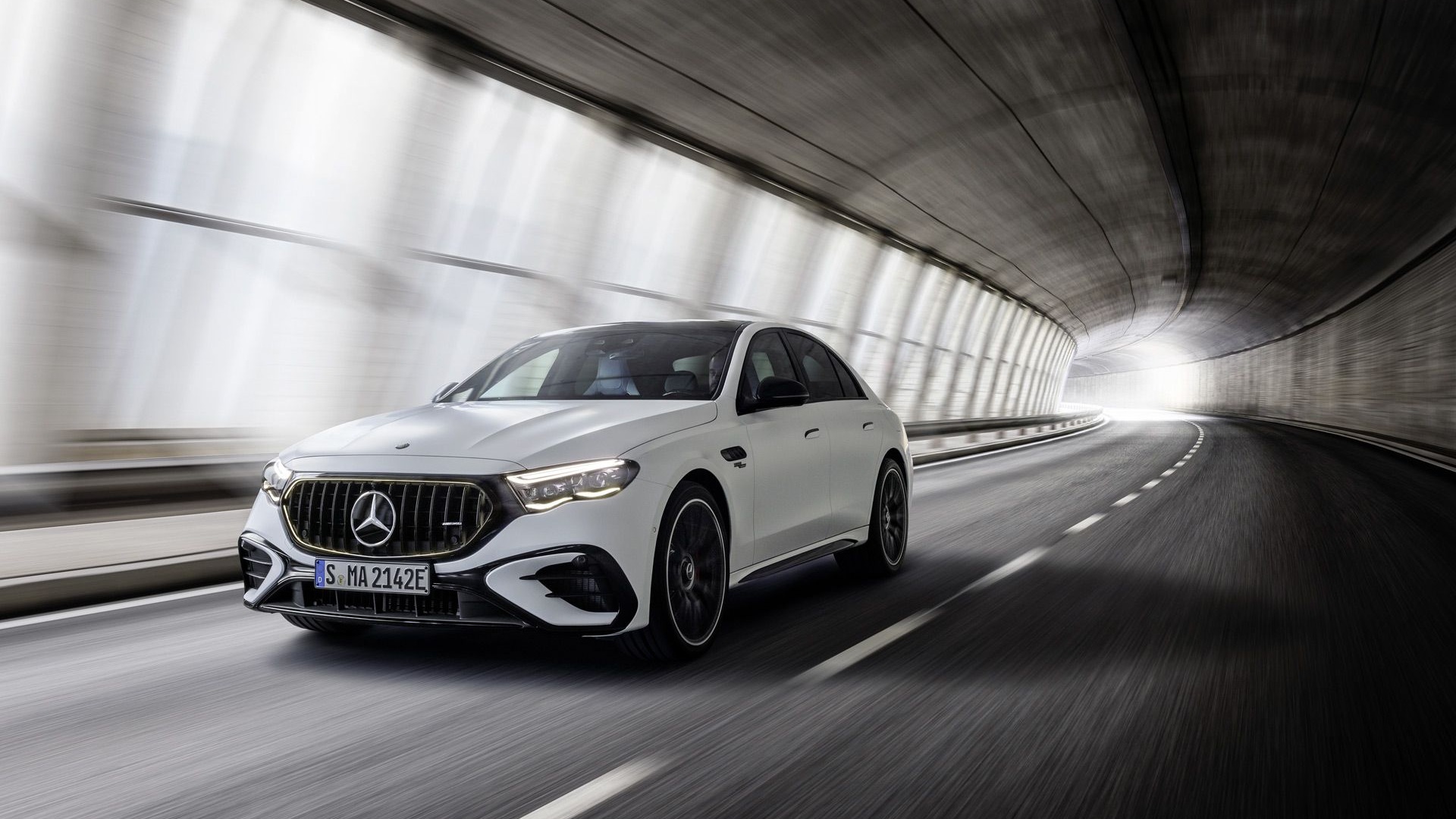Toyota is certainly known for it's clean running hybrid lineup of vehicles including the popular Prius and has been awarded for their efforts. According to the recent findings of Clean Green Cars, Toyota is now the cleanest automaker in the UK.
The award is based on CO2 emissions of an automakers entire lineup of cars and averaged out by sales per unit. Toyota has reached the lowest level in the UK at 129.15 g/km of CO2, a significant drop from the companies 144.82 g/km CO2 recorded last year and well below the countries average of 150.6 g/km CO2.
The numbers put Toyota just barely ahead of Fiat and Mini in the UK, both of which produce mainly small sized vehicles. Toyota's new addition of the pint size iQ has helped them achieve their results along with the deletion of the MR2, Previa, and Celica from the UK market.
Toyota's CO2 emissions now meet EU regulations set forth for 2012. As Jay Nagley of Clean Green Cars said, "It is highly significant that a major manufacturer has met the EU target, as it means no mainstream car manufacturer has an excuse for failing to meet the target in future."
There's no doubt that Toyota's hybrids play into to low overall score, but the company is still a long way from the 0 g/km CO2 numbers posted by EVs.
We would like to see a significant decrease in emissions and likely will as more automakers produce zero emission vehicles for the mainstream market. Upcoming legislation in several countries will force automakers to provide an emissions free model which could significantly reduce emissions if sales numbers are high. For now, any improvement in emissions is better than none, so congrats to Toyota.
Source: Clean Green Cars Press Release
CO2 output falls thanks to scrappage scheme
Toyota is first manufacturer* to meet EU target figure.
* Average new car CO2 fell by 5.5% in the first nine months of 2009
* The average for the Year to Date is 150.6 g/km; that's a record 8.8 g/km less than a year ago.
2008 YTD Sept average CO2 g/km: 159.31
2009 YTD Sept average CO2 g/km: 150.56
Improvement: 5.49%
The current rate of improvement would enable the car industry to meet the EU target of 130 g/km of CO2 by 2012. In fact one manufacturer has just dipped below that all-important figure in the UK: Toyota has dropped to 129.2 g/km, leapfrogging both Mini and Fiat, who are hovering just above the 130 g/km threshold.
"It is highly significant that a major manufacturer has met the EU target, as it means no mainstream car manufacturer has an excuse for failing to meet the target in future." commented Jay Nagley, Publisher of www.cleangreencars.co.uk.
Toyota's performance stems from three actions it has taken over the last few years:
* It made the unusual decision to drop three models from its UK line-up that had higher emissions – the MR2, the Previa and the Celica. That was done with the specific goal of reducing average CO2. At the same time it increased the range of its small cars – e.g. the new iQ
* The Toyota Optimal Drive system has reduced emissions across the range
* The Prius hybrid (particularly the latest version) has made a small, but noticeable difference to the average CO2 figure.
Amongst other manufacturers to make significant gains are Hyundai, now with the fourth lowest average emissions in the UK (134.4 g/km) and Audi, which has cut emissions by 9.6% to 158.2 g/km and is now one place behind BMW (154.7 g/km).
In terms of absolute tones of CO2 saved, Ford continues to have the largest reduction, with just over 10,000 tonnes saved on an annualised basis - mostly thanks to the more economical new Ka and Fiesta. This figure is calculated by taking the average reduction per Ford sold (8.66 g/km) and multiplying by the average mileage in the UK (13,000 km) and then by the total number of Fords sold this quarter (89986 units).
While the industry can congratulate itself on these figures, there is a dark cloud inside the silver lining. Once scrappage incentives come to an end, CO2 figures will start to rise unless the industry works very hard to maintain progress. Politically, it would be very difficult for the industry to explain why its CO2 figures are going up just as EU targets come into force.
* defined as manufacturers whose range includes four seat models, not just two seat city cars.












